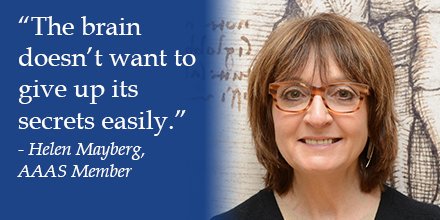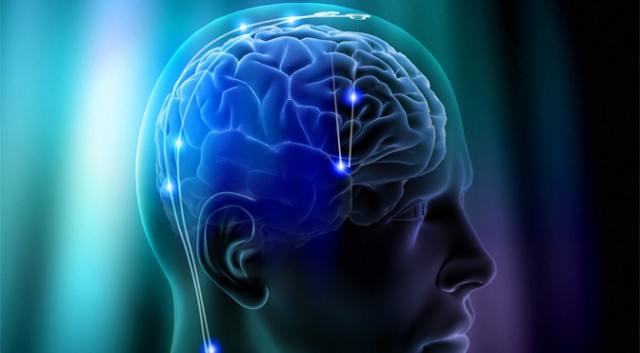Posts Tagged ‘Helen-Mayberg’
Persistence pays off: After 8‑year follow-up, study finds robust and sustained antidepressant response to deep brain stimulation (DBS)
__________ Long-Term Follow-Up Data Shows Deep Brain Stimulation Is an Effective Treatment for Treatment-Resistant Depression (Mount Sinai press release): “A study published online on Friday, October 4, in The American Journal of Psychiatry found that deep brain stimulation (DBS) of an area in the brain called the subcallosal cingulate (SCC) provides a robust antidepressant effect…
Read MoreEthical issues raised around deep brain stimulation (DBS) research
Researchers grapple with the ethics of testing brain implants (Science): “In 2003, neurologist Helen Mayberg of Emory University in Atlanta began to test a bold, experimental treatment for people with severe depression, which involved implanting metal electrodes deep in the brain in a region called area 25. The initial data were promising; eventually, they convinced…
Read MoreClosing the Circuit: Helen Mayberg’s research could revolutionize depression treatment
At some point in their lives, 5 to 12 percent of American men and 10–25 percent of women will suffer an episode of depression, making it the most commonly diagnosed mental disorder today. Unlike normal sadness, which passes with time, depression feels unstoppable and causes people to lose interest in nearly all activities. Because it…
Read More

